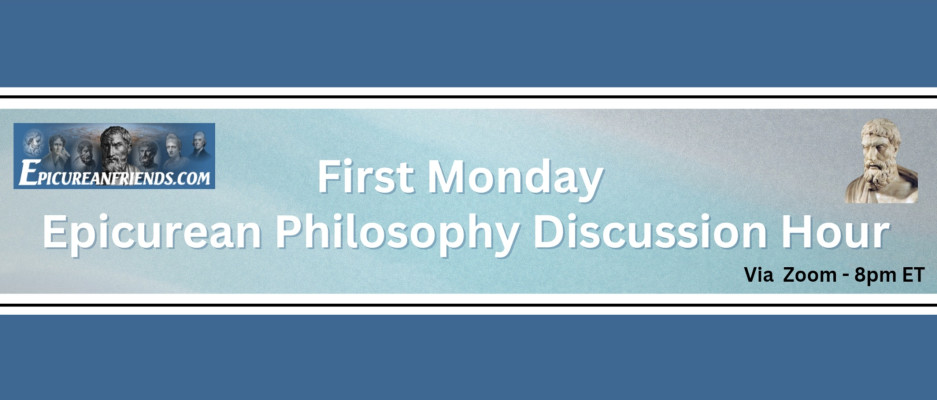When we make choices using whatever degree of free will that's available to us, the effects of those choices form "ripples" in the deterministic fabric. These ripples then determine subsequent events up to the point at which free will occurs in those events. And so on, ad infinitum. ...
...
....Other than a sense of agency v nihilism, what are the practical implications of this debate?
In the 3rd video (by the School of Life) that Don posted above in post 36, it brings up "Defeatism vs. Aspiration". (I did not like that Stoic story about human beings being like "dogs tied to an unpredicatable cart" because it doesn't illuminate anything about how we actually navigate or problem solve).
Thinking further, our competence and skill in life comes about through our belief in our ability to affect things, change things, learn things, and problem solve -- these all require a strong feeling of agency (or "free will").
There is a 12-step AA Serenity Prayer: "God, grant me the serenity to accept the things I cannot change, the courage to change the things I can, and the wisdom to know the difference."
For our own Epicurean purposes this could be rephrased:
May I know and put skillful effort into what I need do. May I make peace with that which is beyond my sphere of influence. And may I have the wisdom to discern the difference between what I can and cannot change.
(This could be said many different ways).



